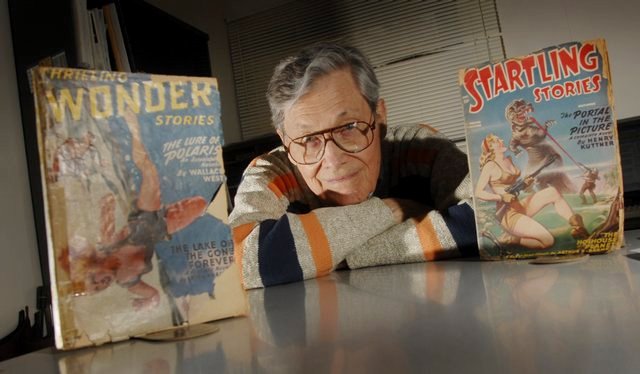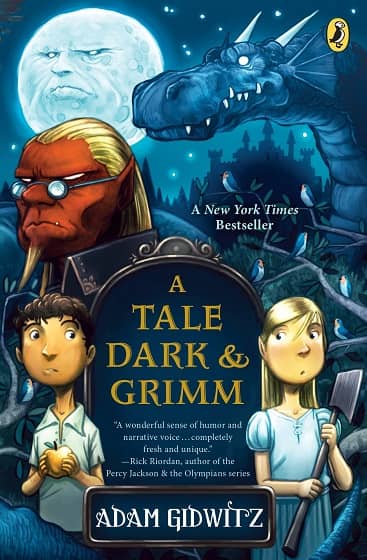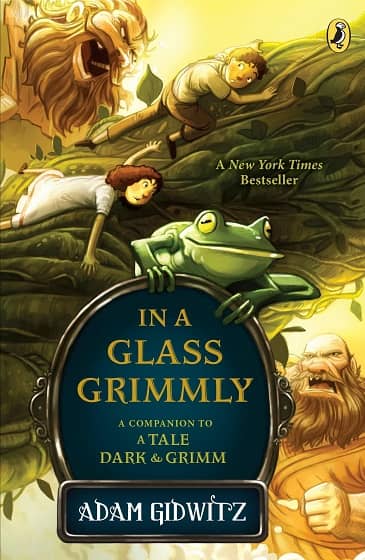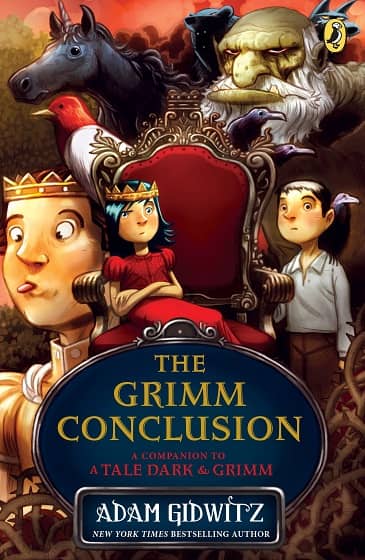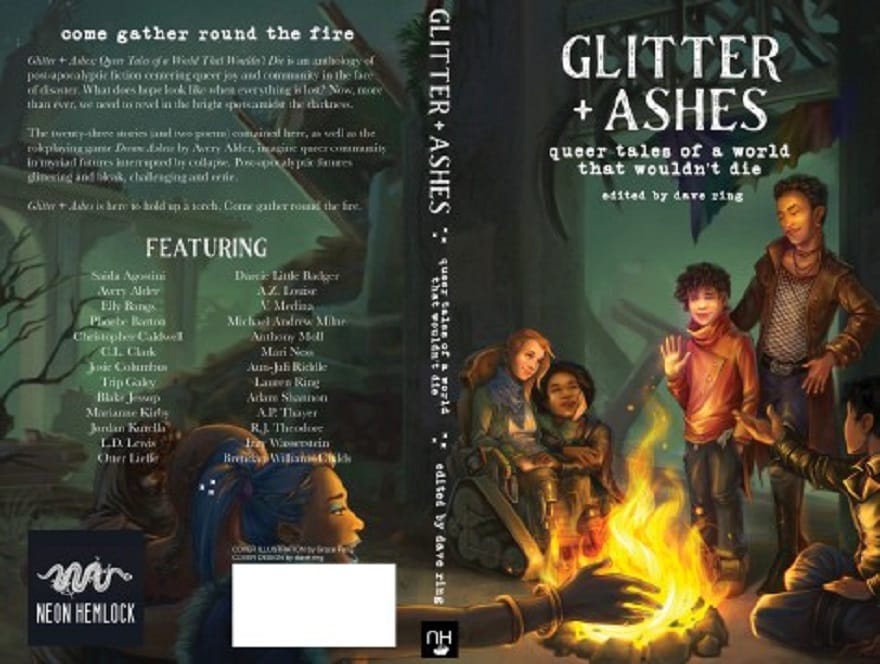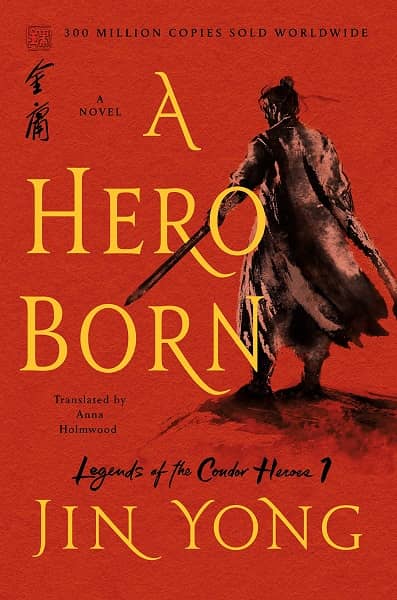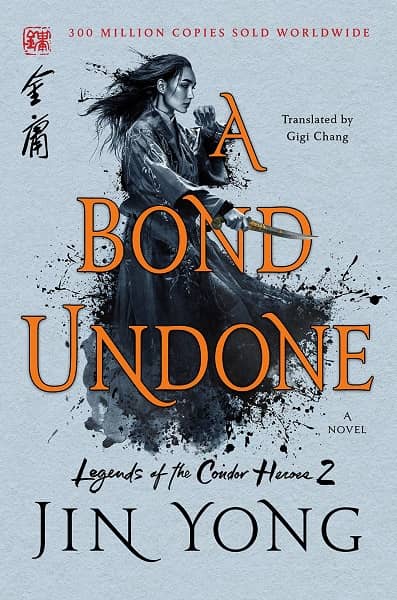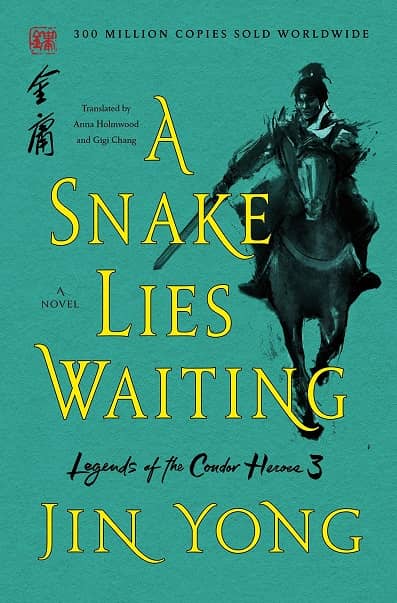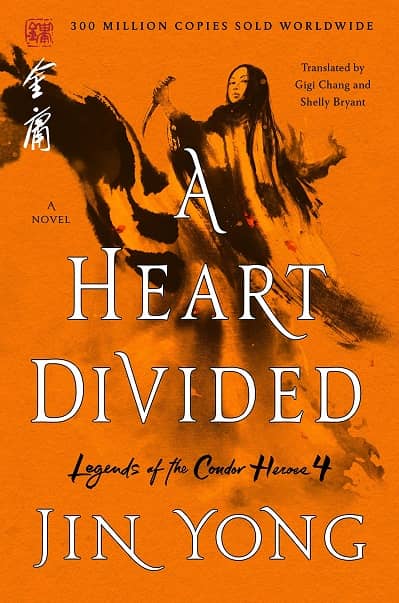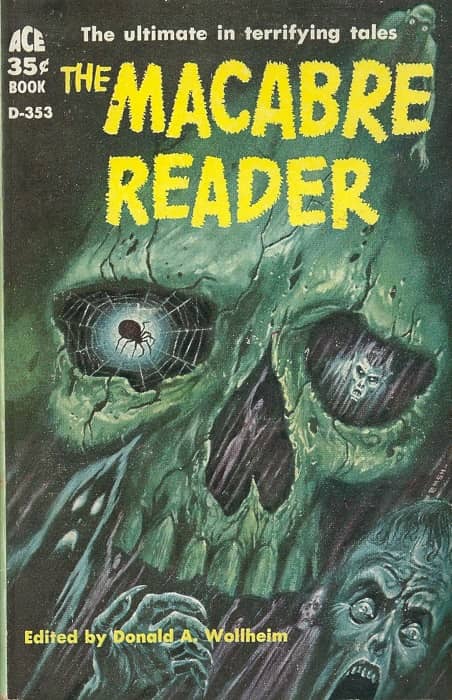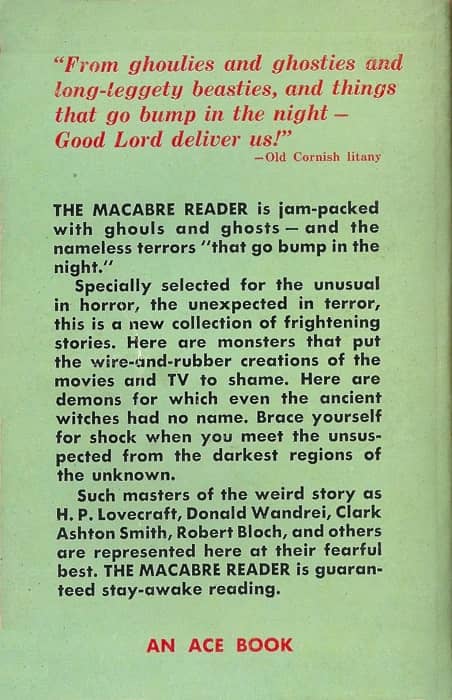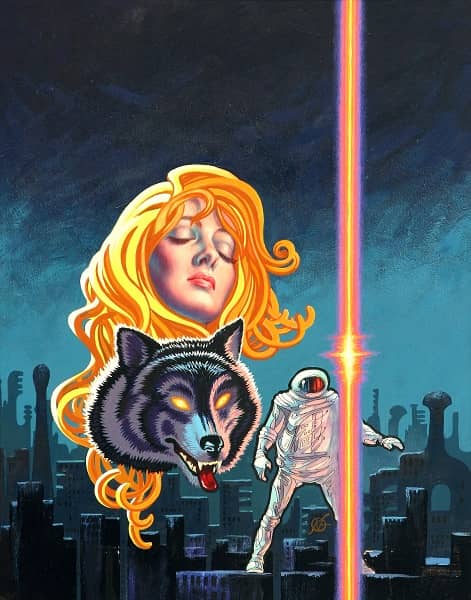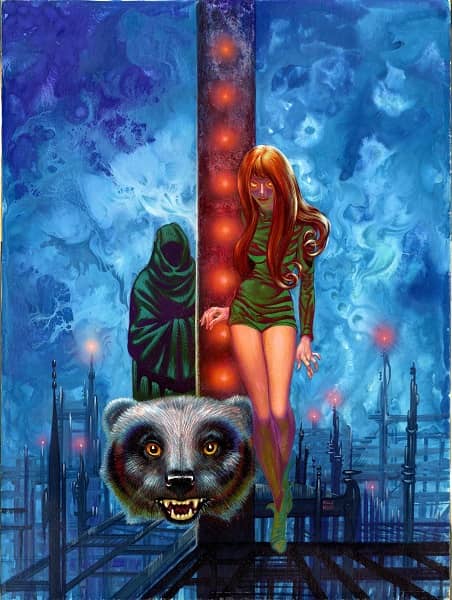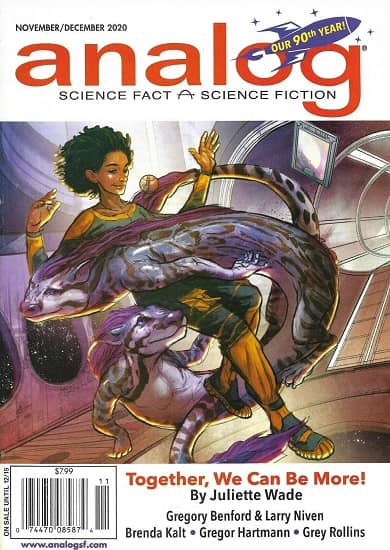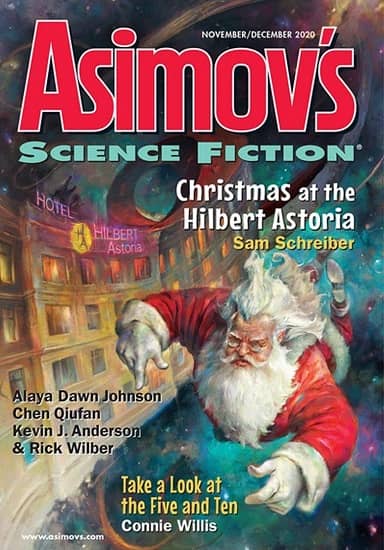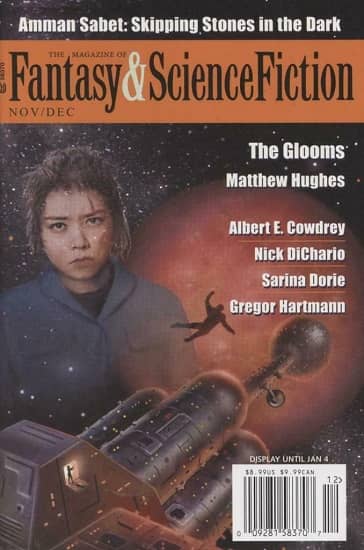 I think that Groucho Marx was one of the funniest men who ever lived. And I laugh out loud a the movies he made with his brothers. Well, most of them, anyways. I strongly recommend his book. The Groucho Letters. When word was making the rounds around 1944 that the boys were going to make a movie called A Night in Casablanca, Warner Brothers threatened legal action. Jack and the boys felt that this intruded in the territory of their Humphrey Bogart and Ingrid Bergman movie of a few years before. Casablanca was not yet remotely the classic it is regarded as today. But Warners didn’t want the Marx Brothers trying to make a buck off of their own film.
I think that Groucho Marx was one of the funniest men who ever lived. And I laugh out loud a the movies he made with his brothers. Well, most of them, anyways. I strongly recommend his book. The Groucho Letters. When word was making the rounds around 1944 that the boys were going to make a movie called A Night in Casablanca, Warner Brothers threatened legal action. Jack and the boys felt that this intruded in the territory of their Humphrey Bogart and Ingrid Bergman movie of a few years before. Casablanca was not yet remotely the classic it is regarded as today. But Warners didn’t want the Marx Brothers trying to make a buck off of their own film.
Groucho penned what has become a well-known letter to the Warners. It’s full of his great wit and is absolutely worth reading. It’s less well-known that he wrote a couple follow-up letters. Here are The Casablanca Letters – with a few footnotes from me.
Dear Warner Brothers:
Apparently there is more than one way of conquering a city and holding it as your own. For example, up to the time that we contemplated making a picture, I had no idea that the City of Casablanca belonged exclusively to Warner Brothers.
However, it was only a few days after our announcement appeared that we received a long, ominous legal document, warning us not to use the name “Casablanca”.
It seems that in 1471, Ferdinand (1) Balboa (2) Warner, the great-great grandfather of Harry and Jack, while looking for a shortcut to the city of Burbank, had stumbled on the shores of Africa and, raising his alpenstock, which he later turned in for a hundred shares of common (3), named it Casablanca.
I just don’t understand your attitude. Even if they plan on re-releasing the picture, I am sure that the average movie fan could learn to distinguish between Ingrid Bergman and Harpo. I don’t know whether I could, but I certainly would like to try.
You claim you own Casablanca and that no one else can use that name without their permission. What about Warner Brothers — do you own that, too? You probably have the right to use the name Warner, but what about Brothers? Professionally, we were brothers long before you were. When Vitaphone was still a gleam in the inventor’s eye, we were touring the sticks as the Marx Brothers and even before us, there had been other brothers — the Smith Brothers (4); the Brothers Karamazoff; Dan Brouthers (5), an outfielder with Detroit; and “Brother, can you spare a dime?” This was originally “Brothers, can you spare a dime” but this was spreading a dime pretty thin so they threw out one brother, gave all the money to the other brother and whittled it down to “Brother, can you spare a dime?”
…
Read More Read More
